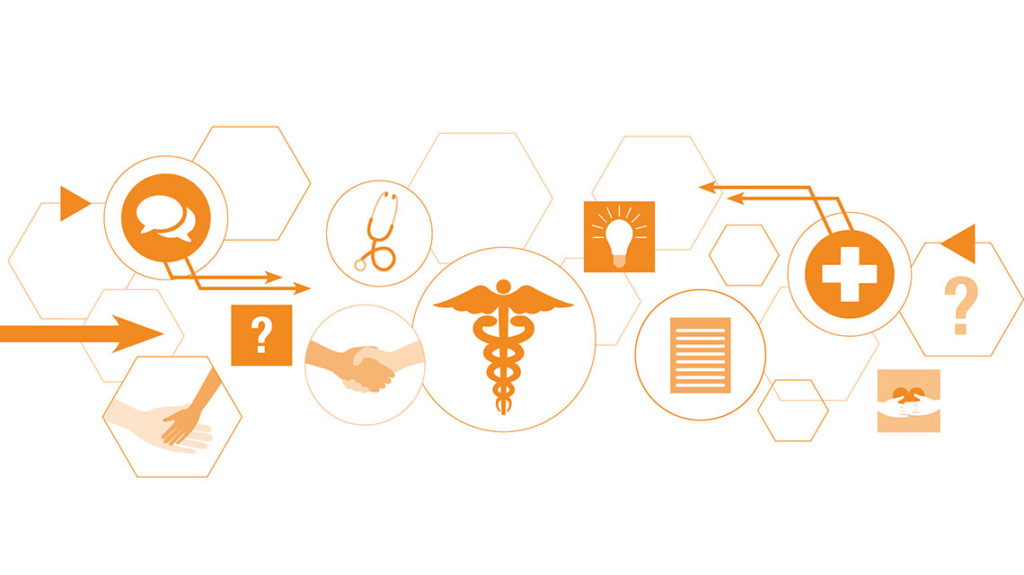Children with high-risk cancers tend to have limited treatment options, with often devastating consequences. Precision medicine, which uses new technologies to better understand the causes of each child’s cancer and to test new treatment options, is offering new survival hope for children and their families.
As with any radical shift in medicine, challenges can emerge as healthcare professionals try to add new approaches into their practice. In this study, recently published in the Journal of Personalized Medicine, we wanted to better understand the challenges faced by doctors and scientists working on PRecISion Medicine for Children with Cancer (PRISM), an Australian precision medicine program for children with high-risk cancers (more information about the trial is available here).
Key findings
In this study, we interviewed a broad group of doctors (including paediatric oncologists, pathologists and genetics professionals) and scientists (including laboratory scientists and bioinformaticians) working on PRISM.
Most professionals we interviewed were excited about the potential of precision medicine over the long-term, but were mindful of the importance of managing families’ expectations in the early stages of the trial. Key challenges for doctors, especially oncologists, included sharing genomic results with families. Doctors who did not specialise in cancer genetics told us that they felt unsure talking with families about results which might suggest that cancers ‘run in the family’. From our conversations with scientists, the overwhelming impression was that being part of such a ‘high-stakes’ trial made them feel new emotional pressures and experience new workload demands.
We will use the evidence from this world-first study to inform our understanding of how best to support doctors and scientists striving for new treatment options for children with cancer.
This paper was led by Brittany McGill and supported with Luminesce Alliance funding. The paper can be accessed here at the Journal of Personalized Medicine.



 Back to News
Back to News